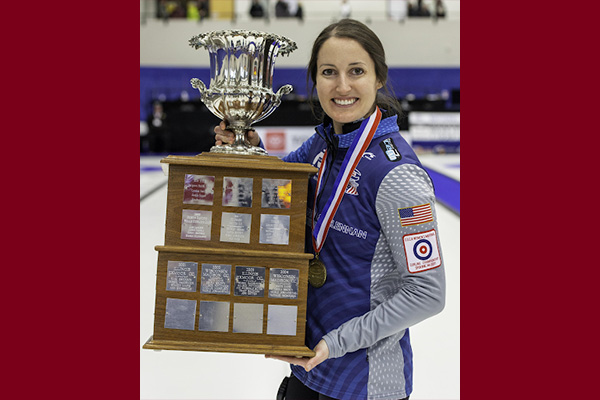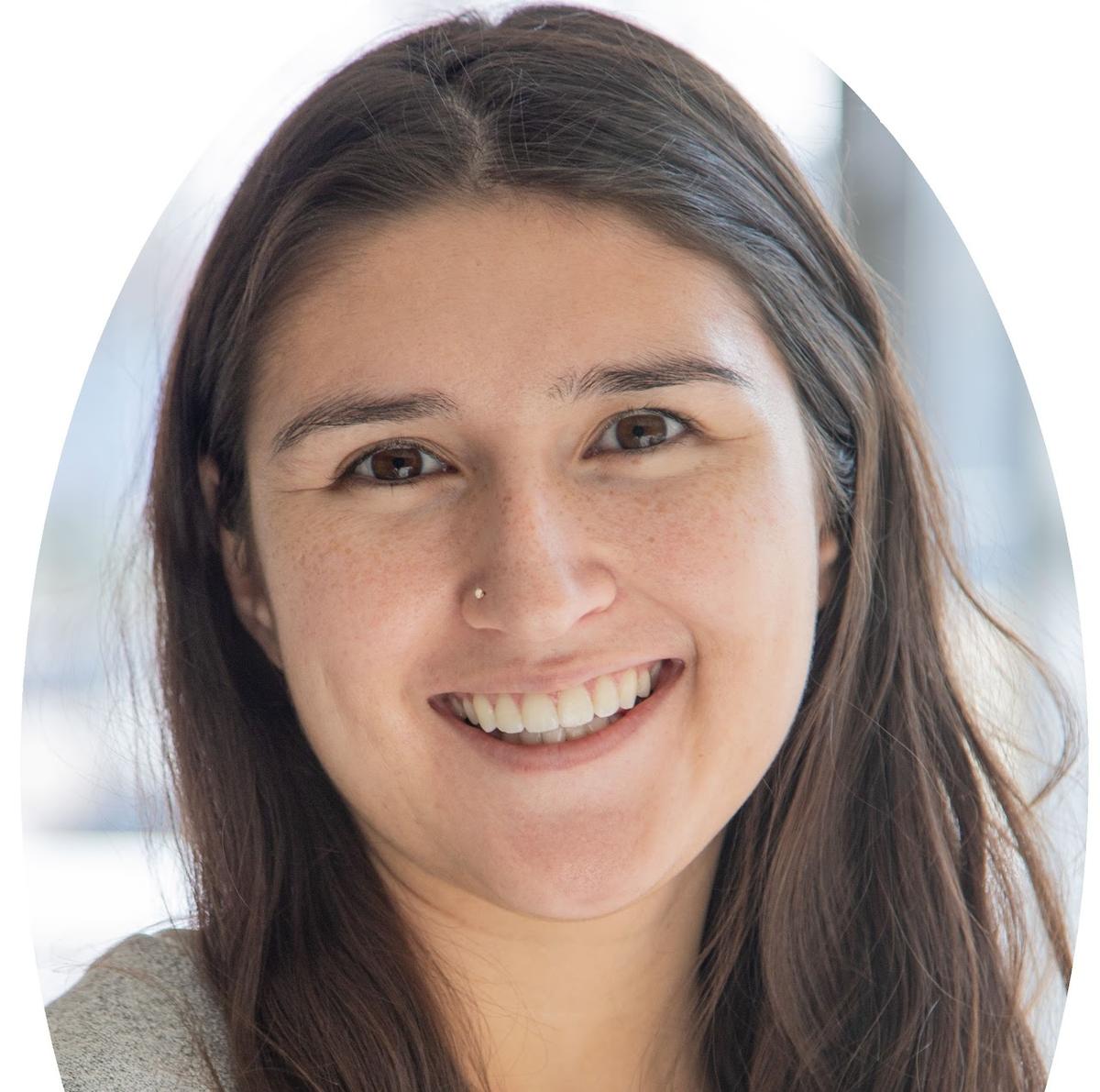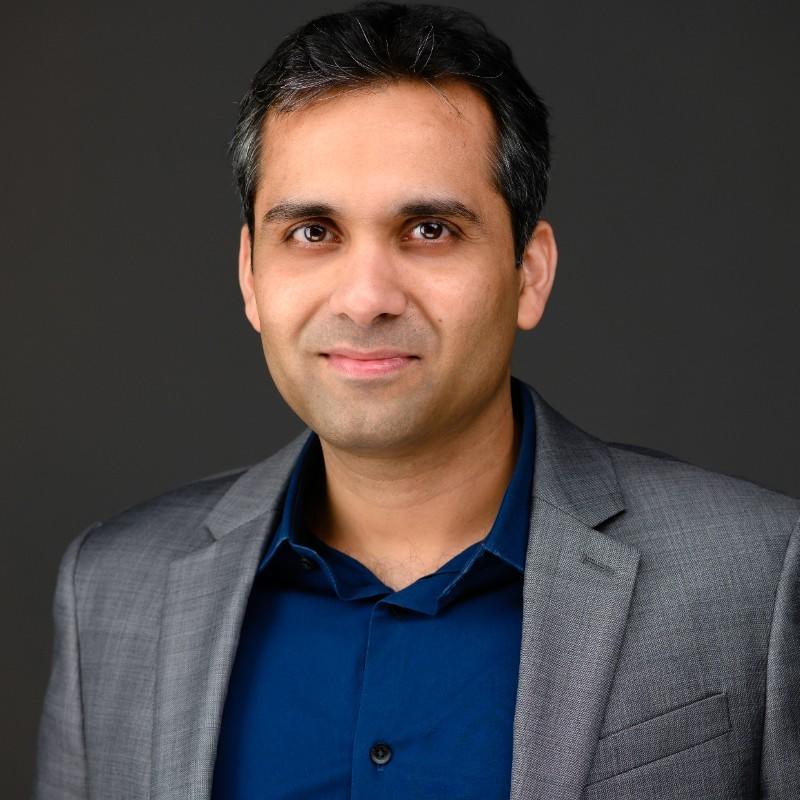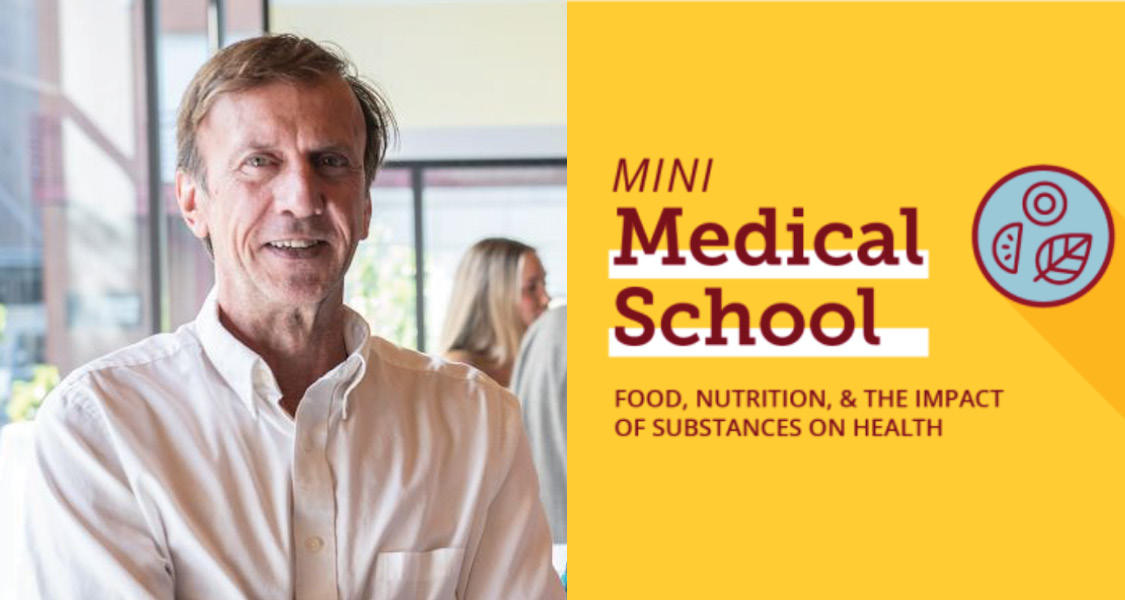Winter Olympics are the Next Stop for Alumna Tabitha Peterson
January 31, 2022
SOPHIA PASCHKE

MINNEAPOLIS
Jan. 31, 2022
AUTHOR: SOPHIA PASCHKE
The journey from pharmacy school to Olympic curler
Tabitha Peterson started curling in 2000 when she was ten-years-old and began going to the Junior Program every Saturday morning. Peterson made some friends and got a team together. They traveled around the state and to other states like North Dakota and Wisconsin for local junior bonspiels. In 2006, the team won their first Junior State title, which would lead them to the Junior Nationals. That was a really cool experience for Peterson and where it all took off for her. After Junior’s, she joined a women’s team. Around this time, Peterson joined The University of Minnesota College of Pharmacy, which she attended from 2011 to 2015.
In terms of curling and studying, Peterson was always busy and had to talk to her professors to explain her situation. A lot of her professors were supportive and would accommodate exams. Peterson didn’t attend an Olympic Games until after pharmacy school; 2018 was her first Olympic Games.
Having the College of Pharmacy’s support and helping Peterson achieve her dreams – even though it was three years after she graduated – was really important to her.
The lessons of pharmacy school
Learning to work hard has been beneficial to Peterson in her curling career. Curling is a strategic game, so they study matches frequently. The team watches film and matches to learn other teams’ strategies and try to get that extra edge. Putting in the hours in pharmacy school, studying a lot, and going over things over and over is similar to the work Peterson does with curling. The team has created a playbook in which they have various scenarios written out and what shots to play when, all of which is continuously developed as the game and rules change. They pull stats from other teams and have them on their own team, which helps with decision making, such as if you should play a riskier shot or can play it safe. There’s a lot that goes into curling with the strategy and statistics behind the game, which Peterson enjoys.
Life outside of curling
When she first graduated, Peterson got a job at Target Pharmacy, which was later bought out by CVS, and she is still with them pro re nata (PRN), or as needed. This summer, she began another job at Hennepin Healthcare in their Outpatient Clinic Pharmacy, and is PRN with them, as well. Peterson likes the flexibility, as she is able to work mostly during the summer when not curling and less in the wintertime.
In terms of hobbies, Peterson enjoys biking in the summer and cross country skiing in the winter.
Looking ahead to the Olympic journey
The team leaves for L.A. on January 28. They will be there for five days, then leave for Beijing on February 2. Their first match will be played February 9.
January was supposed to be busy with a National Championship at the beginning of the month and a Grand Slam right after that, but both events were cancelled due to COVID-19.
With the fear of contracting COVID, they have shrunk their bubble, tried to stay at home as much as possible, and have been extra cautious with mask-wearing and hygiene.
Right now, they are just going to the gym, where it’s just Tabitha and her sister Tara Peterson and their trainer. They also practice at the St. Paul Curling Club, where they feel safe due to the few other people there.
“It’s going to be a completely different experience than before as a result of playing during a pandemic,” said Peterson. “One could argue it won’t be as ‘fun’ because our family and friends won’t be there and we can’t leave the Village to explore the city.” Nonetheless, Peterson is looking forward to seeing how Team USA as a whole adapts to the experience. Tara is also on the team this time around. In 2018, she came to watch, and now, in 2022, she is on the team, so they are looking forward to sharing the experience.
Advice to offer
“You’ll be fine,” Peterson said, “as long as you are trying and doing your best. There are a lot of tough classes and you’ll feel overwhelmed and overloaded, but you’ll be fine in the end. Just try to learn as much as you can. You’ll learn tons when you are on your rotations and out in the real world; that’s where you will learn the most in terms of how things operate as a whole.”


